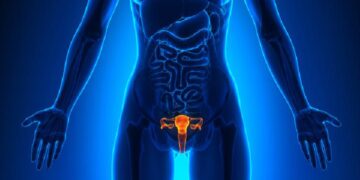
1. Eat more attentively.
Indiana State University researcher psychologist Dr. Gene Cristler said: when eating must be “focused”, not while watching TV or eating in front of the computer.
When we are distracted or in a hurry to eat, the brain pays almost zero attention to food. He suggests: simple meditation before the meal, focus on the “eat”, so that you will be faster to get food satisfaction.
2. Eat a small plate.
Eating a small plate, pay attention to the way the food is presented, can help improve the attention to food. The brain pays attention to the plate and determines whether the food is properly portioned. Eat with a small plate, when you feel comfortable, you will not eat more.
3. Eat the first few bites is most important.
Dr. Linda Bacon, professor of nutrition at City College of San Francisco, believes that the greatest enjoyment of food comes from the first few bites eaten. After a few bites, the palate begins to lose sensitivity to the “tasty” chemicals in the food. Paying attention to enjoying the first few bites of your diet can help stop overeating.
4. Eat “easy to fill up” foods.
Dr. Gold recommends avoiding large amounts of high-calorie foods such as shakes, cheese, and chocolate. The higher the fiber, protein and water in the food or meal, the easier it is for our stomachs to be “full”. In this way, you can feel satisfied without excessive calorie intake. Do you remember these tips for not gaining weight?
5. Eat slowly.
Mark Gold, M.D., of the University of Florida, found that the human brain’s response time to food satisfaction varies by body type, about 12 minutes for thin people and 20 minutes for fat people. “Slow eating” can ensure that the brain has enough time to produce a feeling of satisfaction with food, thus avoiding overeating.




































